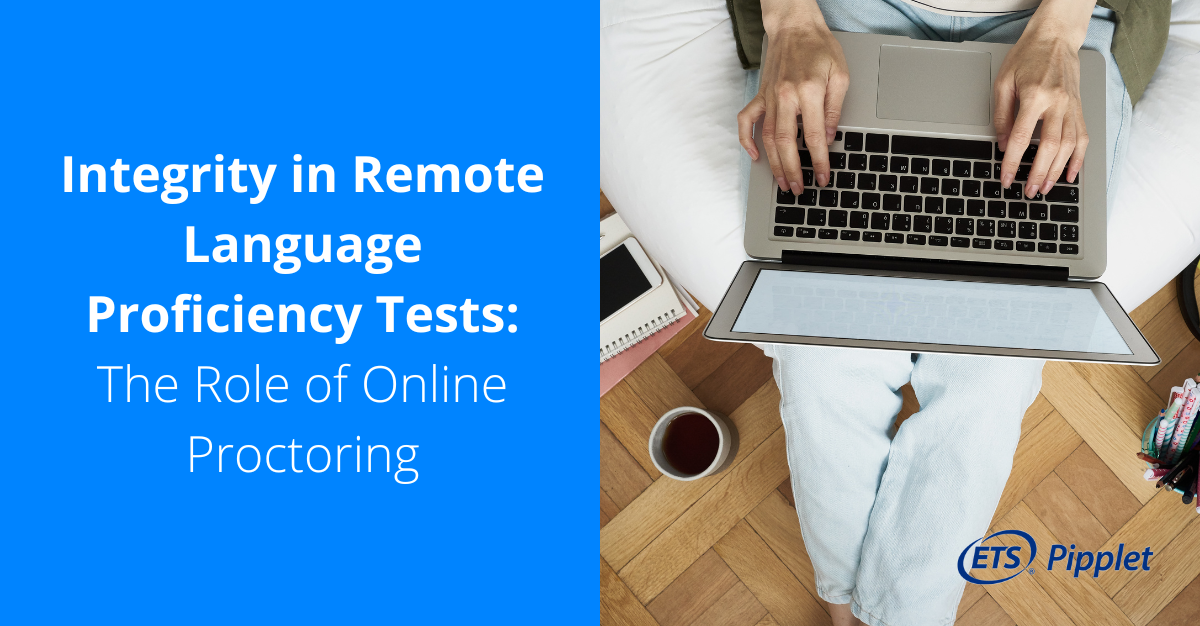What can Pre-employment Data Tell You About your Candidates?
Thanks to the Internet, apply for jobs has become easier and faster than ever before. Fluctuating economies, rising unemployment in some areas, and Covid-related confinements have all made it really tempting for a candidate to apply to anything (and sometimes everything) in the hopes of finding a job.
A recent study by
Glassdoor estimates that on average, a company receives 250 applications for every job opening. Yet many of these candidates don't even pay attention to the job needs or requirements. (According to Ladders, candidates spend only
76.7 seconds reading a job description.) Then there are all the candidates who apply in hopes that employers won't notice their lack of qualifications... The result? Fewer than 50% of applications actually meet the given job specifications.
This influx of applications has had a direct impact on recruiters' productivity and their ability to select the best candidates.
- During the screening stage, recruiters must perform tedious yet hasty CV sorting. (they admit to spending an average of only 6.25 seconds on each CV).
- Then, during the selection process, more and more of them rely on pre-employment tests to save time and narrow down the best candidates.
In this article, we'll explore how pre-hire testing can be used to filter out "inapplicable applicants" and identify those professionals who are likely to add the most value to your organization. We'll also look at what the data from each pre-employment test can tell you about your candidates.
Testing Skills
Skill tests can show you how well a candidate performs in tasks that they are likely to be faced with during their employment.
For example, if you are hiring admin staff, a typical skill test might involve typing, reading, writing and using various software packages. If you are hiring social care staff, they might need to show they can write a report, assess risk and identify safeguarding hazards. With the right pre-employment testing software, you can test skills in real-world scenarios, giving you more accurate, meaningful data. This data can then help you to:
Identify candidates who meet and excel the minimum skill set threshold- Dismiss applications that don’t meet the required set of skills
- Identify training needs in individual candidates
- Know which candidates can hit the ground running
- Minimize health and safety risks associated with mistakes made by poorly skilled workers
Testing Knowledge
Job knowledge testing measures a prospective employee’s theoretical or technical expertise in the field they are applying to. For example, if a healthcare organization were to recruit new healthcare assistants, they may be required to have a certain level of knowledge about infectious disease control, medical devices or patient care, which can be screened for during the hiring process.
The data derived from knowledge tests can be highly valuable. It ensures:
- The minimum threshold requirement for knowledge is being met
- Any training needs are identified
- Fraudulent applications (such as those with fake qualifications) are weeded out
Testing Language
Language is a fundamental skill employees need, regardless of their job role or industry. High quality language enables better team communication, better company morale, an improved customer experience and more profitable organizational results. When you test for language skills, the data you receive will tell you:
- The fluency and accuracy of a candidate’s language skills
- The candidate’s written and oral skills in real-life situations
- Their strengths and weaknesses when it comes to oral, written and reading language
- Their CEFR score (an internationally recognised scoring system for language)
- If the application is fraudulent (for example, if they got a friend to write the application for them, to bypass any language concerns)
- If the applicant is multilingual. In such case, you can assess each of their languages and determine which they are strongest in.
Testing Cognition
Testing cognition means assessing skills like problem-solving, critical thinking analytics, and how the candidate processes information and applies this to a task. These tests are much more accurate predictors of job performance than interviews. According to one study, 70% of employers search for applicants with problem-solving skills, and 63% look for applicants with analytical skills. Being able to measure these skills through a series of real-life scenario questions enables you to:
- Compare certain cognitive attributes between candidates, such as the way they approach a problem or evaluate information.
- Gain more insight into the attributes of a candidate, away from skills and knowledge alone.
- Find the diamond in the rough when it comes to cognition.
- See how applicants work in real-life simulated scenarios.
Testing Emotional Intelligence
Emotional intelligence refers to the way a person applies emotions to a task or strategy. People with high emotional intelligence are desired by employers. To test for emotional intelligence, employers look for components like self-regulation, self motivation, empathy, social skills and self awareness. Many tests exist in this field, but self-reporting tests are the most popular. This means that the candidate scores their own abilities and attributes. The data can then help you to:
- Gain a more personal insight into the way the candidate thinks, behaves and feels.
- See how their personality type and emotional intelligence might fit with the rest of a team.
- Identify any potential risks, such as lacking social skills required for team activities
- Identify any potential training needs
- Dismiss candidates who are going to be toxic to the company
In short, the variety of pre-employment tests available today and the data they allow recruiters to collect are helping them make more objective and better-informed hiring decisions. The biggest benefit is the drastic reduction in people landing the wrong roles.
For multilingual candidates, language skills are rarely formally assessed, yet their potential impact is enormous.
Pipplet for language test
As we’ve discussed, hundreds of candidates can apply for the same position, yet many of them don't even meet the basic expectations.
In the case of a multilingual role, oral and written language skills are essential as the new recruit will be required to communicate frequently in a language that is not their own native tongue. When candidates don't have the right skills, they should be quickly filtered out of the recruitment process—long before interviews are held.
Pipplet
can help you do this.
Pipplet is an innovative, modern language assessment tool that highlights who your best candidates are. Utilizing state of the art testing technology, and a strong community of language native experts, Pipplet will produce accurate reports that show you the data that matters. You can quickly and easily assess this data and spot your star candidates, their strengths, their training needs and their suitability for the role.
If you would like to learn more about Pipplet or sign up for an account,
click here.
Related stories
Pipplet info
10 rue de Penthièvre, 75008 Paris
RCS Paris 813 493 673 00012
Pipplet 2022.
Tous droits réservés
Copyright © 2023 par Pipplet. Tous droits réservés. Toute utilisation ou reproduction non autorisée est strictement interdite. Pipplet est une marque déposée de Pipplet. ETS et le logo ETS sont des marques déposées d'ETS, utilisées sous licence en France par Pipplet.









